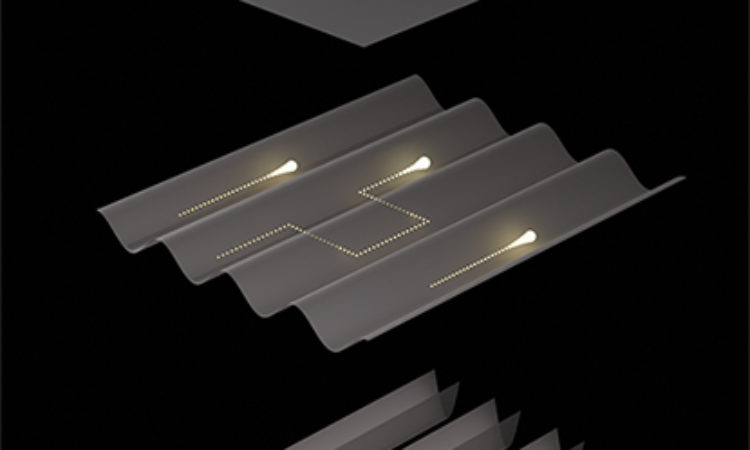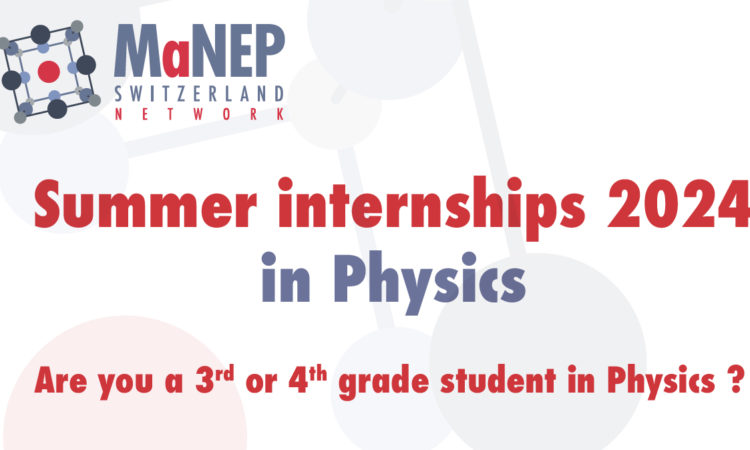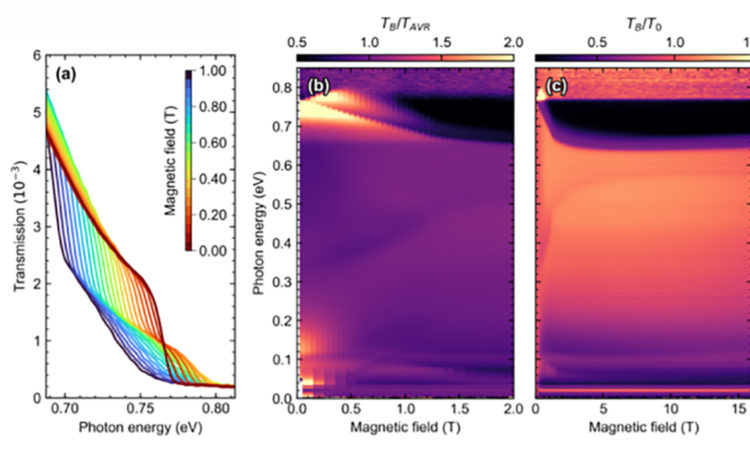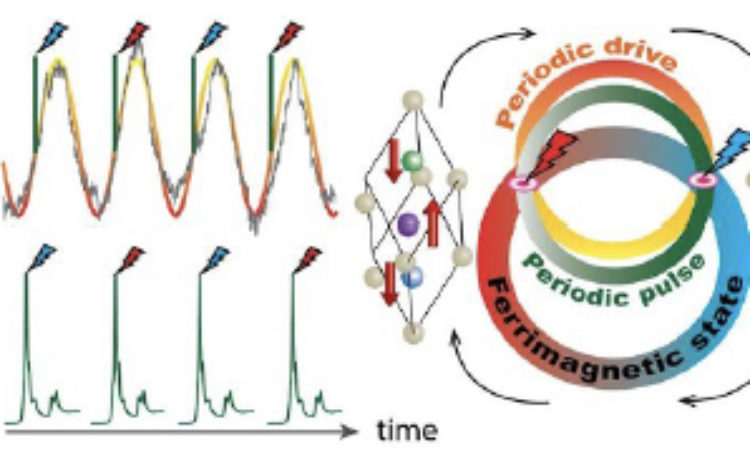Ultrafast control of magnetism across interfaces
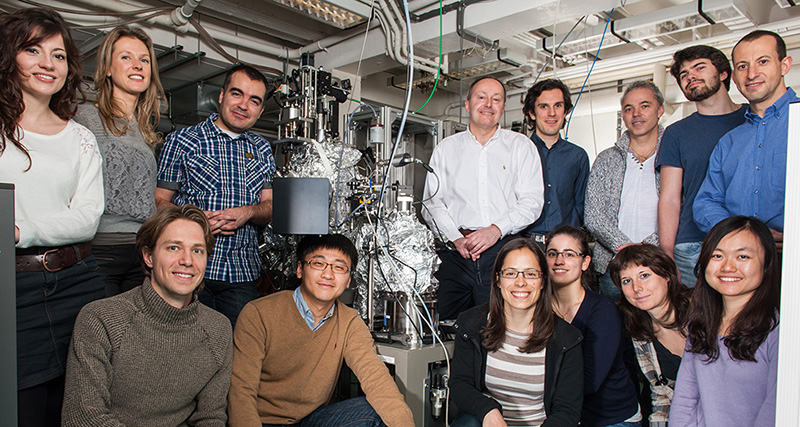
The Geneva team of Prof. Jean-Marc Triscone is well known for the high quality oxide materials that they can synthesize in thin film form with nanoscale control.
Of great interest is the family of so-called nickelates. These materials are metallic at high temperature but become insulating and magnetic at low temperature – they display a metal-insulator transition as they are cooled. The materials studied in a collaborative work with the Hamburg and Oxford teams made possible with the ERC-Synergy Q-MAC project is a NdNiO3 layer of extremely high quality that can uniquely be produced in thin film form – there are no large single crystals of this material.
The Geneva team is one of the few groups in the World able to realize films of such a high quality. In the experiments realized here, a light pulse is able at low temperature to switch the material from the insulating to the metallic state in less than a picosecond. The new results that are published in Nature materials show that along with the ultrafast switching to the metallic state, the magnetic order melts starting at the interface between the substrate and the film, a melting which propagates at high speed suggesting that the light pulse that makes the substrate vibrate “transforms” in electronic processes propagating to the film and destroying the magnetic order.
Such a fast switching from the metallic to the insulating state could be of great use for optical communication and with magnetic control possibly for magnetic storage technologies.
For more detailed information, see the full text of the press release.
Picture: © L.Windels – UNIGE
